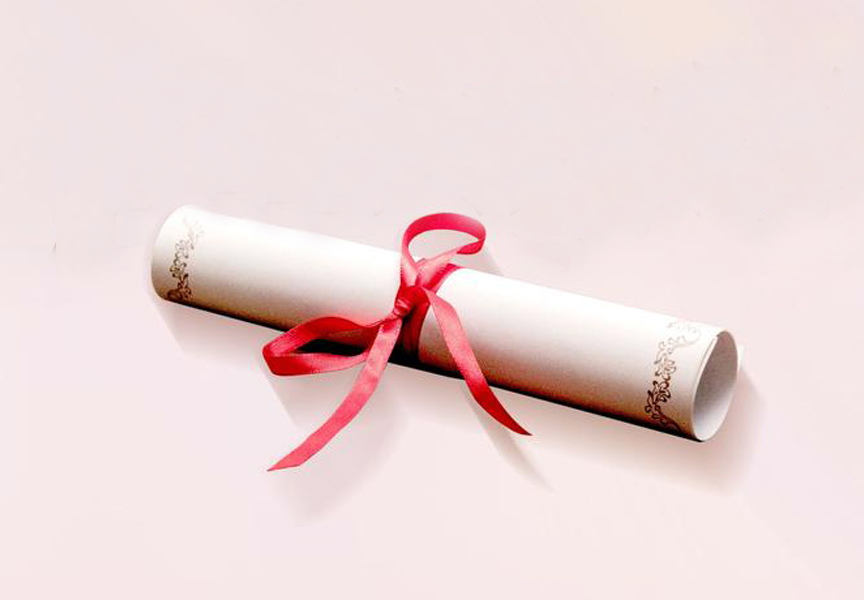Random Free Articles
- Unlocking the Essence of Dang Jin
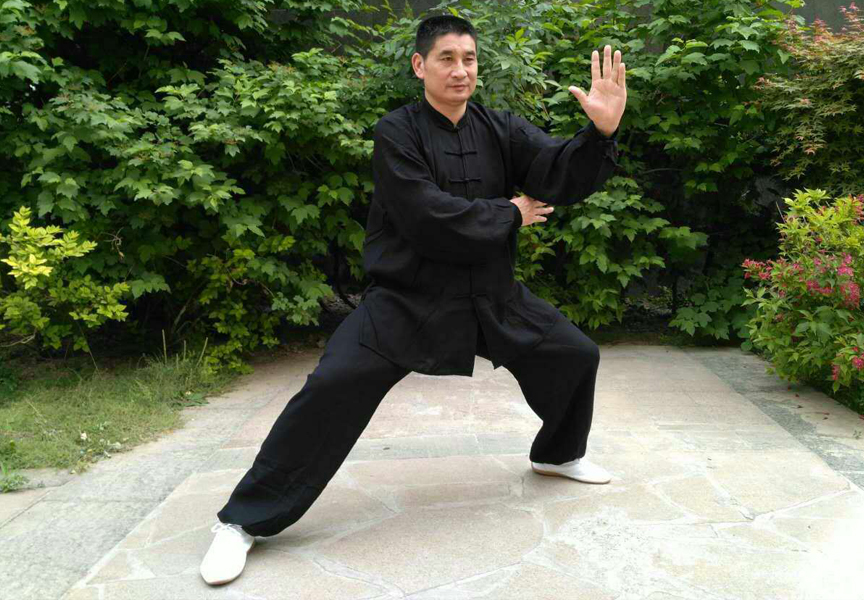
A Journey of Balance and Harmony Shaolin Rou Quan [Chin.: Shàolín róu quán 少林柔拳], often referred as Shaolin Rou Gong [Chin.: Shàolín róu Gōng 少林柔功], is a Chinese martial art that has captured the imagination of people around the world for centuries. Rooted in ancient philosophy and imbued with the principles of balance, harmony, and the interplay of opposites, Shaolin Rou Quan offers practitioners a path to physical…
- Dedication to Learning a Martial Art
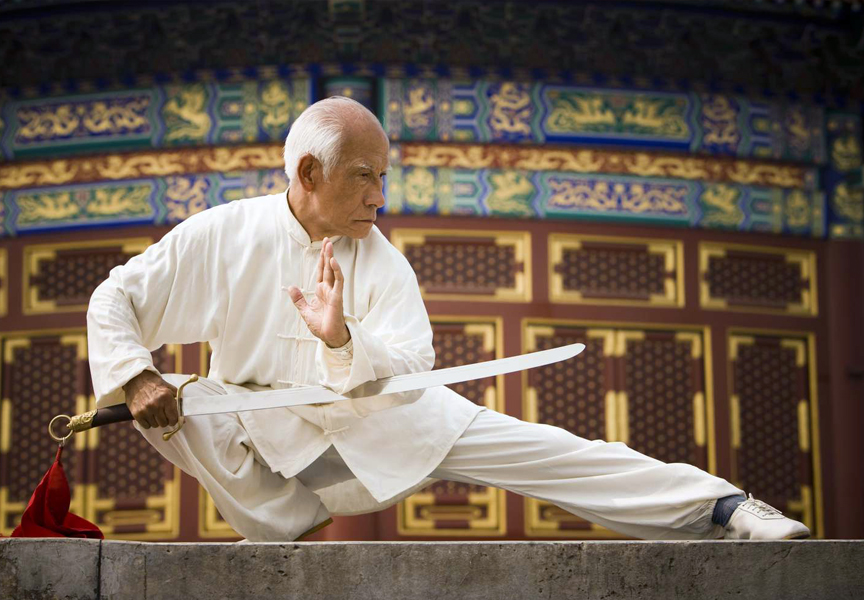
Martial arts are not just a form of physical exercise or self-defense; they are a way of life. To truly master a martial art, one must embrace a journey that demands unwavering dedication, discipline, and a deep respect for tradition. Learning a martial art is not a casual pursuit; it requires a commitment that goes far beyond the confines of a dojo or training hall. In this article, we explore the importance of dedication to learning a…
- The Martial Arts Belt
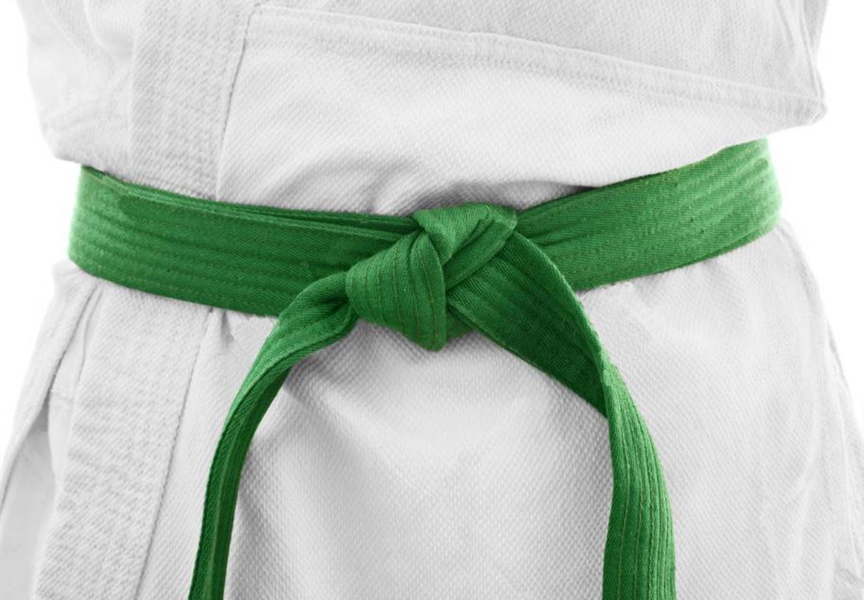
Unraveling the Traditions in Martial Arts In the world of martial arts, the uniform is a symbol of discipline, respect, and tradition. Among the various elements that make up this distinctive attire, the belt holds a special significance, particularly in Japanese and Korean martial arts. However, the story takes a different turn when it comes to Chinese martial arts, where the traditional sash holds sway. Let's delve into the unique…
- The Ancient Art of Zhan Zhuang
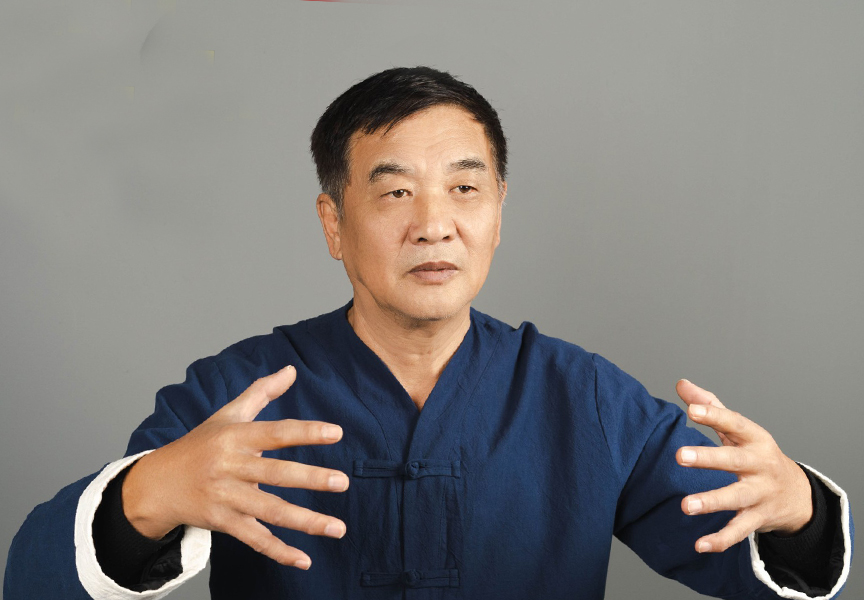
Zhan Zhuang [Chin.: zhàn zhuāng 站桩], often referred to as "standing like a post" or "standing stake" in English, is an ancient Chinese practice that has been gaining recognition and popularity in recent years for its numerous physical, mental, and spiritual benefits. This seemingly simple yet profound practice is a form of Qigong, a traditional Chinese system of exercises and breathing techniques designed to promote…
- What I Gained from Rou Quan Quan Practice
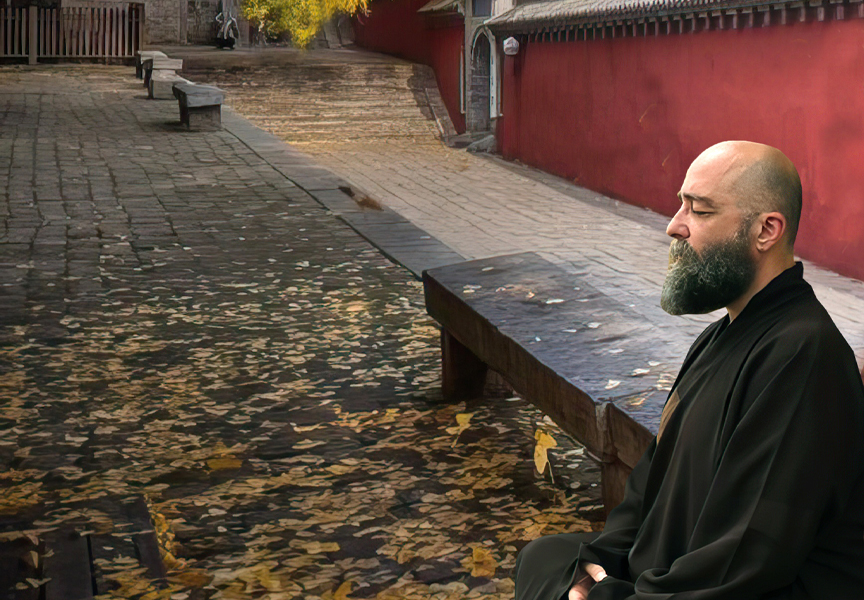
After more than 40 years of practicing Shaolin Rou Quan, I feel both a deep need and a sense of obligation to share my personal point of view, my understandings, and, above all, my own experience with this remarkable art. Shaolin Rou Quan, often misunderstood or undervalued compared to other martial arts, holds profound benefits that go far beyond self-defense. It is a discipline that fosters balance, inner peace, and strength in ways that are…

